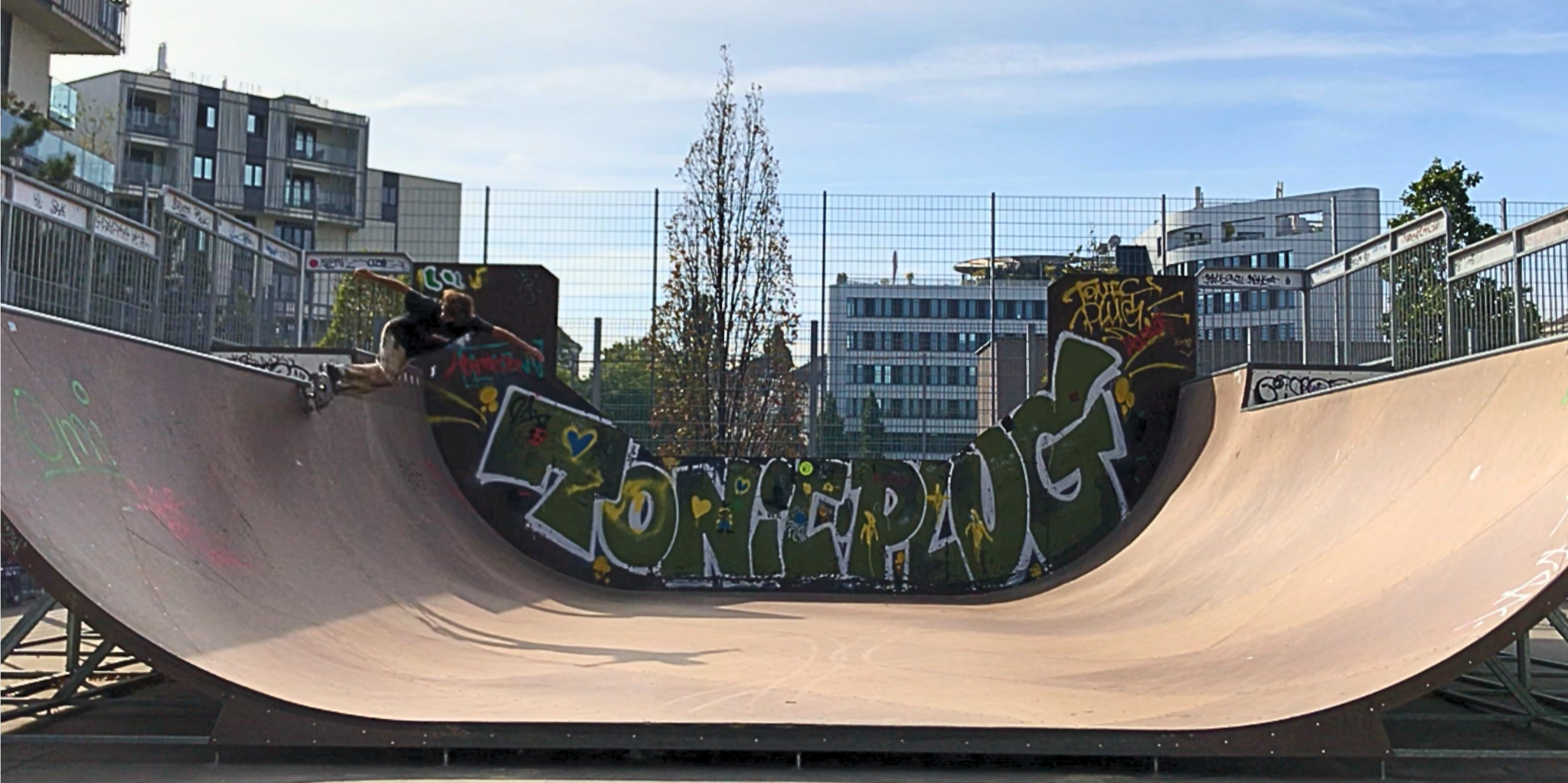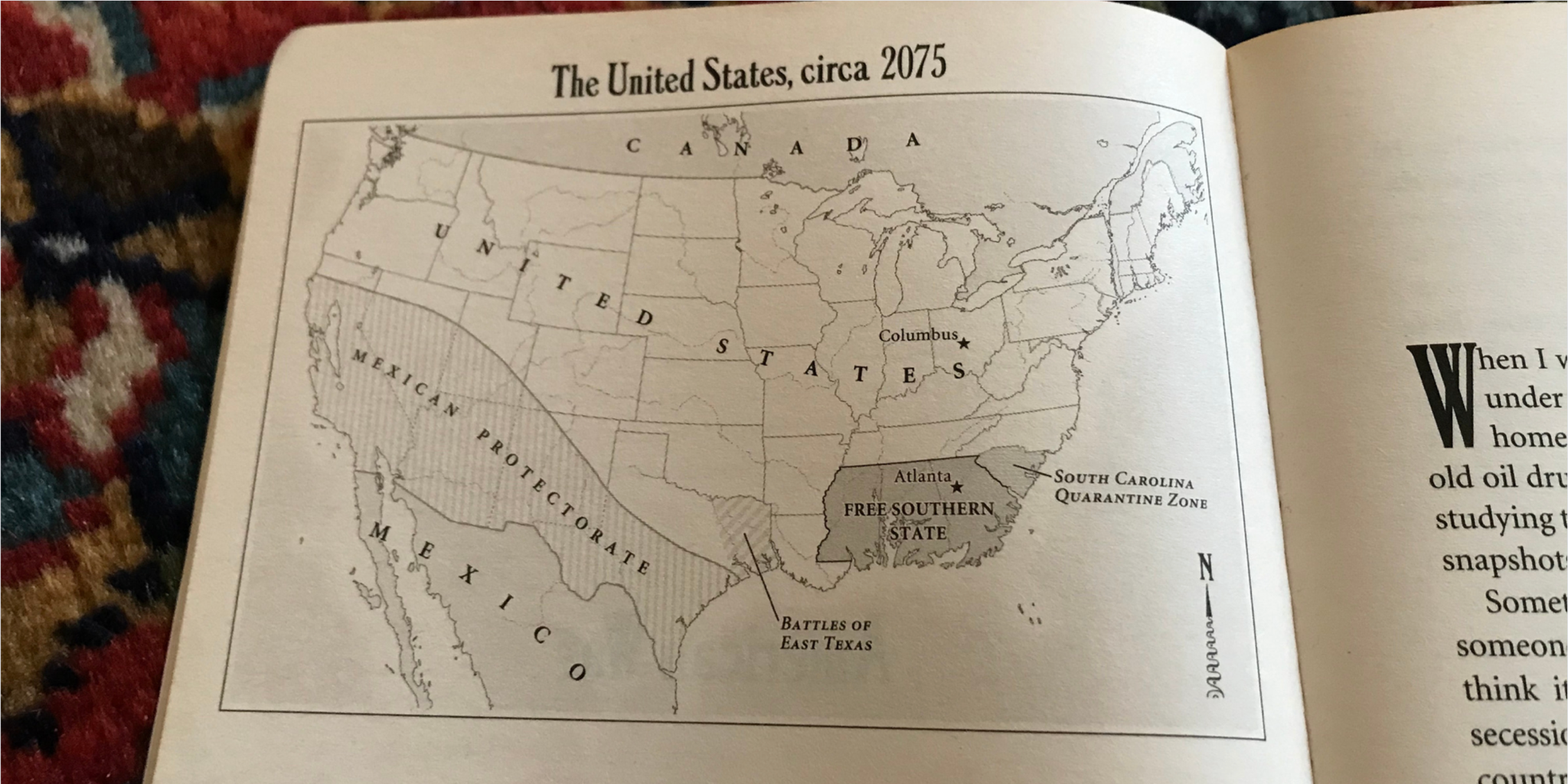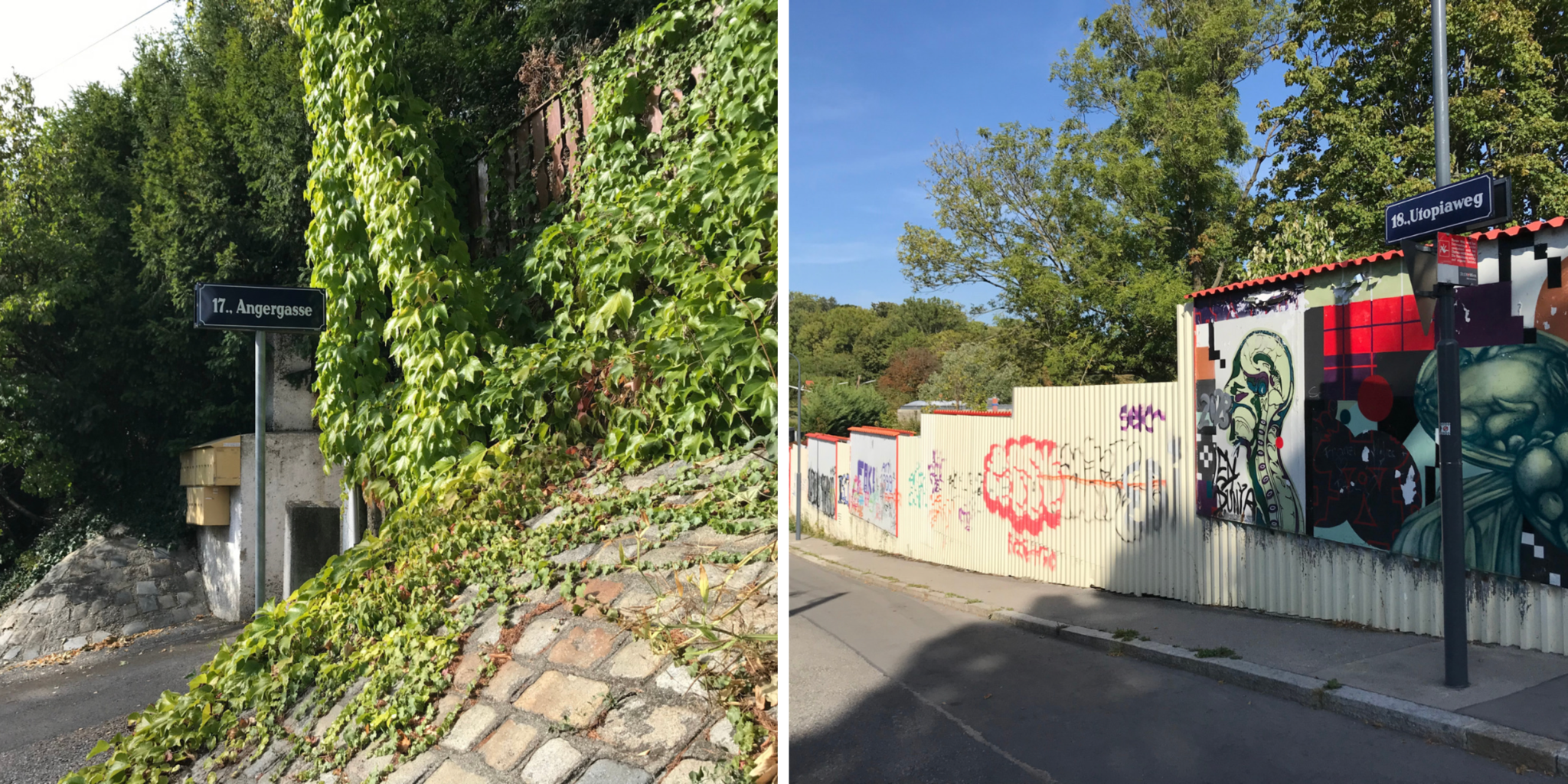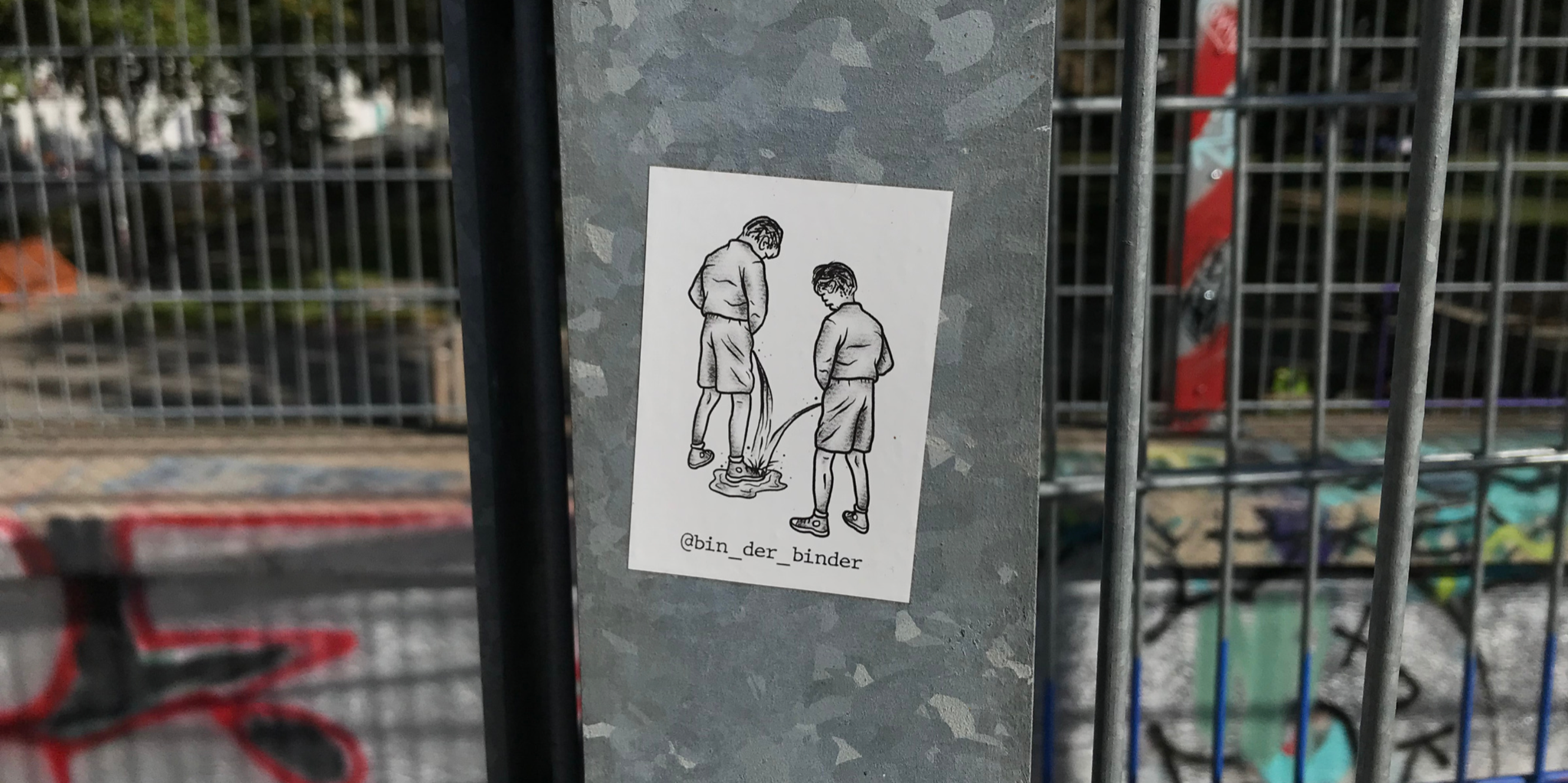
#6: have more fun
06.10.23 - Vienna
This morning, I finished reading American War. The novel is based largely around the life of a character named Sarat, a young woman born in Louisiana in the early 2060s. Over the course of her short and brutal life, Sarat’s kin and homeland are devastated by a second American civil war.
This war, imagined by Omar El Akkad, begins when the U.S. President - soon to be considered the Union President by secessionist Southerners - outlaws the use of fossil fuels.
The climate consequences of continued use have become too extreme to be palatable. Considering that this occurs in the late 2060s, and not in the 2030s or earlier, it has become fairly easy to make this decision, because there isn’t all that much value left in the destruction of earth - via fossil fuels, at least.
Unfortunately, in the real world right now, there is still a lot of fossil fuel money to be made. Every continued day of burning fossil fuels will cost us more in long term damages than it is earning us in the short term, but that’s from the collective standpoint. Because of our deeply unequal economic system, neither the earnings made or the burdens borne are fairly distributed, so those profiting are profiting a lot. If little changes, maybe their wealth will protect them.
I have my doubts.
In the novel, much of the U.S. coast - including all of Florida - is underwater. South Carolina is quarantined off from the rest of the country to limit the spread of a deadly epidemic. There has been a massive inland migration of coastal people seeking to escape from hurricanes, tornadoes, forest fires, and rising waters.

When the Union President banned fossil fuels, Southerners were absolutely not having it
Just as the 1860s Southern states fought to preserve their desire to enslave black people, despite the obviously destructive immorality of ever having done so, El Akkad’s novel imagines those same states fighting to preserve their desire to burn fossil fuels, despite the obviously immoral destruction being wrought upon them all by that combustion
Across the Pacific on one side, and the Atlantic on the other, respective Chinese and Bouazizi Empires are on a continual rise. Without any direct narrative insight into either of these - the story is based solely around that which is taking place on the American continent - readers learn that China’s empire is an amalgamation of territories in Asia. These were forcibly assembled as Russian power fell apart, European imperialism faded and died, and American empire dwindled, receded, and then crumpled in on itself.
The Bouazizi Empire spans across the African north and into the Middle East. After five “failed springs”, these territories were subsumed into a single, heaving behemoth entity boasting countless cities, which the climate should have rendered impossible.
Many of them are largely underground.
Europe is hardly mentioned in this book, though it is made evident that Mediterranean migration has flipped, and migratory flows stem from the former European Union towards the north of Africa.
I suppose we could only hope, in such circumstances, that nobody could remember how the E.U. managed “migrant crises”.
I tend not to be a very fast reader but I inhaled this narrative in a matter of days. While I was reading it, I stopped myself to write what I thought would be this week’s blog post - about imperialism, and nationalism, and scrapping both entirely. Then, instead, I scrapped what I had written.
It all felt pointlessly serious.
I might return to that topic, at some point. I harbour long-held beliefs that we should eliminate nations and dissolve the world’s borders, and reading this book about nationalism, identity, secession, and empire, did nothing to change my mind. It did cast a dark cloud over it, though.

Yesterday, I walked into a public restroom, and locked the door behind me. A few seconds later, I thought I heard someone outside wrenching on the doorknob
This put me on edge, and I immediately thought back to a story a colleague told me.
They paid the 50 cent cost of entry to get into a bathroom, oblivious that somebody was waiting in the shadows for the door to unlock. As soon as the door clicked open, they emerged, and my colleague’s bathroom stall was invaded by a frugal opportunist.
When I heard this first part of the story, I thought I knew where it was going. Somewhere along the lines of, “be careful out there, people might try assault you in a public bathroom”.
Very serious. That’s where my brain went. I have never actually been assaulted in such a way, but that still felt to me like a reasonable fear. For all my theoretical belief in the general goodness of people, I struggle to trust that the world isn’t out to get me.
That isn’t where the story went. My colleague laughed as they continued.
“So now, I’ve started doing the same thing. I wait outside bathrooms for someone else to pay, and then sneak through the door before they have a chance to stop me!”
Some people just aren’t afraid of the world. Granted, they might take it further than I would hope to, going on to become the bathroom invaders who make the world’s restrooms more frightening for others, but I’m sure there’s a happy medium somewhere in there.
Maybe this is also a fear, but a fear of awkwardness, rather than danger, but I also don’t understand how you can cross streams with a presumably angry stranger, into a single toilet, in a confined space, and think “this was a good idea”.

When I heard someone at the door yesterday, I really thought I was going to have to force my way out, against an aggressor trying to push me back in. Knowing full well how ridiculous I was being, I donned my helmet, before unlocking the door and barging out, headfirst.
“Use your head”, I figured, “be a battering ram”.
There was nobody standing in my way, of course, they had just gone to the restroom next-door. I knew I was being ridiculous, but couldn’t convince myself that I was being ridiculous enough not to be afraid.
I spend a lot of my time, a lot of my energy, not allowing myself to feel safe, even when I am. And when you’re not feeling safe, when you won’t let your guard down, its not all that easy to have fun.
I was reading this book, embedding myself in the unfortunate plausibility laid out on every page, and realised I was feeling an alarming familiarity. I’ve never really read a novel like it before, but I’ve spent a lot of time thinking about war, and fascism, and climate change.
Almost like I think I’m preparing. But I’m not, and I can’t. There is no preparing for the unimaginable.
I picked American War up at the library. (Free books! Can you imagine such a thing? Wonderful.)
On the plentiful shelves, the spine of a black book, scarred with gnarling barbed wire and two decisively un-fun words caught my attention. “War” is bad enough. But “American”?
oof
And immediately, I knew I would be checking it out and reading it. Nobody needed me to read it, nobody compelled me to pick it up and take it home, so I could sit back and ease into the narrative flow of ruin, but I didn’t think twice. Some part of me feels, that amidst so much misery, I can’t let myself stray too far from misery.
I judged this book by its cover, and by its blurb, which led me to understand that it wouldn’t be easy reading and that this book would be grappling with tropes I struggle to banish for more than a few waking hours a day. Climate catastrophe and war are on the mind.
Until a few years ago, I couldn’t imagine a future for myself. Now I’m on the mend, and trying to imagine that future, but I can’t exactly separate my fantasies from the world in which they will be manifest.
This world is enduring unfolding catastrophe, and seems to be heading towards more. And my future lies somewhere therein. I don’t feel prepared to face it, so I’m scared.
I lack the practical tools to navigate my way through apocalypse. And dystopian as this present is in so many ways, I live in Vienna. Things are hardly apocalyptic, here. At least on the surface. At least, on my slice of surface. I have a silly job, which more than pays the bills, and life is actually very comfortable for me.
Relative to most of the world’s population, I have nothing to complain about - not that I often let such a fact stop me.
When I’m frightened of the future, I can’t help but feel frightened of the present leading up to it. And if I’m frightened of the present, why would the future be anything but frightening?
As inane a truism as it may be, I just have to make more of an effort to choose, wherever I can, to enjoy what I’m doing, and do what I enjoy. Or I’ll be no good to anyone. And to stop taking everything so seriously.
Which really won't be difficult. Smoke a jamoke with me one day, and I’ll explain the whole universe to you. Things are actually very simple, so all this complexity mumbo jumbo is a joke. I’m doing myself a disservice by trying not to laugh.

I’ve often found myself telling people, when they’ve asked me why I’m being so glum, that “I never learned to have fun”. Where I got this line from, I’m not sure, because its a lie. I’ve always known how to have fun. Or, more accurately, I’ve always had fun, but usually without trying to know how or why.
Unless I subdue the impulse, I start picking it apart. I quite quickly start feeling like I need to be “serious” about that fun, to figure out how to do it “properly”. Wherever that impulse comes from, it leads only to prohibitive inhibition. It makes me feel like I shouldn’t do things if I don’t know I can do them right. Which is both joyless and meaningless.
I don’t want to be serious, right or proper - I want to be trifling.
And frankly, I’m doing a fairly good job of that on the outside. I don’t present myself as being nearly as uptight as I feel. So maybe this post is about writing something down to remind myself I need to preach what I practice.
Being serious makes me feel old without the benefit of wisdom. And I’m not sure what that means, but it felt right, so I wrote it. I’ve wasted enough of my young life worrying.
Whatever will be, will be. The best I’ve ever felt, and the best things I’ve ever experienced, have come when I’ve leaned into and accepted my lack of control.
So, loosen up, fooooooooooooooooool.
blog the sixth signing off
0 Comments Add a Comment?